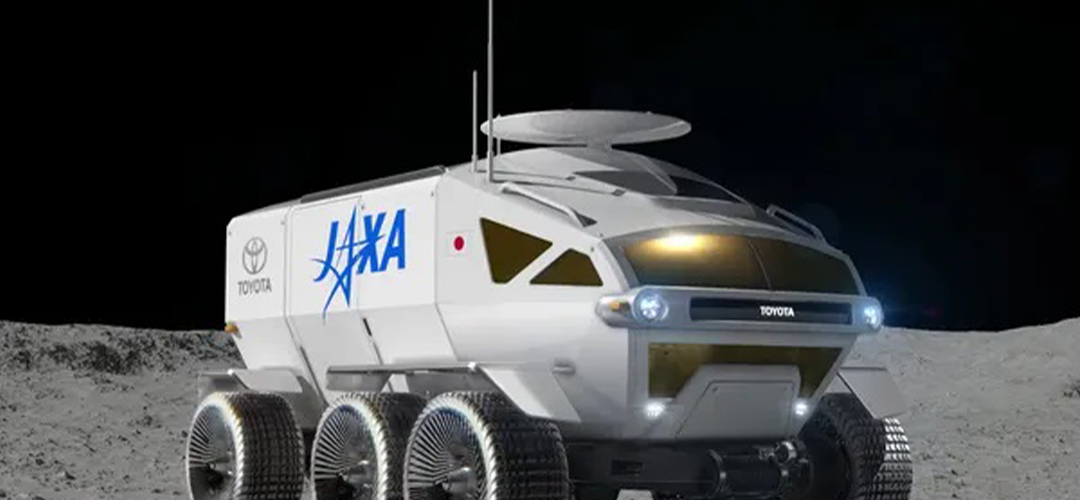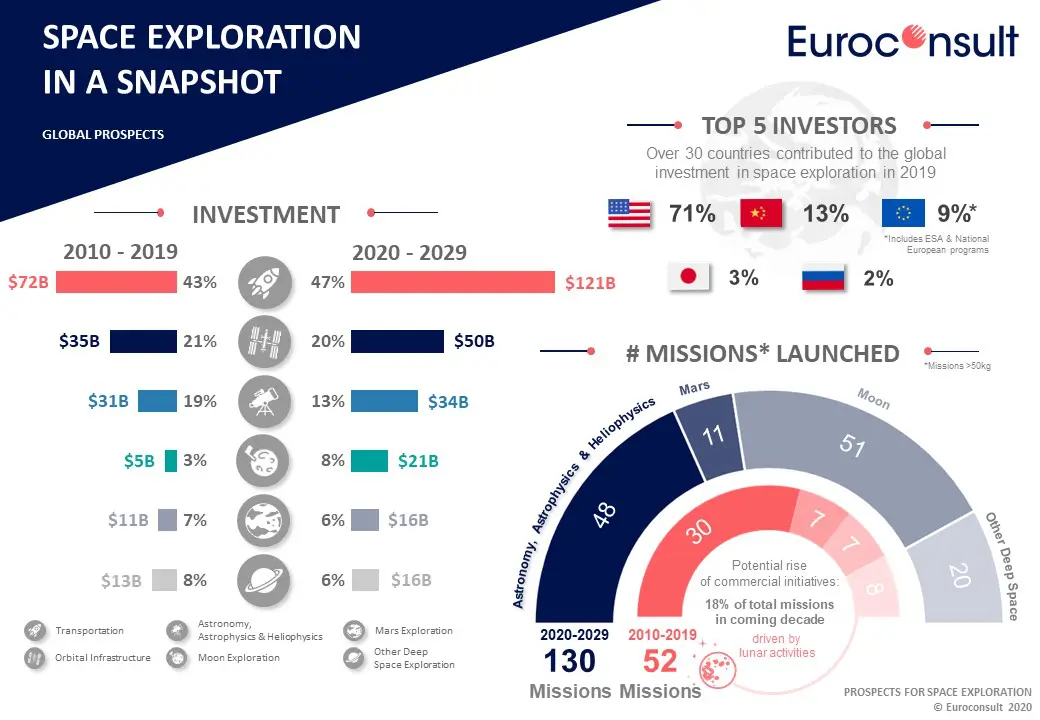A LEAP TO SPACE?
July 23, 2022 | Expert Insights

Japan's space agency, JAXA, resumed astronaut recruitment last year for the first time in more than ten years, indicating rising enthusiasm in Tokyo to stamp its presence in space. With its arch-rival China planning to place its first space station in orbit this year and collaboration between Beijing and Moscow on space technology increasing, the U.S. would encourage Tokyo to join the western alliance endeavours to dominate space.
Tokyo hopes to put one of its astronauts on the lunar surface in the near future. This will be the first non-American lunar mission in the latter half of the 2020s but will be part of NASA's Artemis project that aims to land humans on the lunar surface once again.
Background
Japan's experiments with space technology date as far back as the early 1950s, when like India, it too launched small sounding rockets. The efforts were spearheaded by the Japanese Institue of Space and Aeronautical Science, which was formed in 1964.
With the end of the Cold war, the race for space between two superpowers faded. But Mao and Zhou decided to initiate China's own crewed space program. The accelerated program of technological development culminated in Yang Liwei's successful 2003 flight aboard Shenzhou V. The current plans include a permanent Chinese space station by the end of 2022, crewed expeditions to the Moon, Mars, and interplanetary missions to explore the Solar System and beyond.
Japan's space ventures have seen a mixed bag of success and failures; in the early 2000s, there were two successive crashes of the big H-11 rockets, which were to be Japan's workhorse in space, leading to its late start in the commercial satellite launch business. Since then, many other failed launches , including the failure of the M-5 research vehicle with an X-ray satellite on board, have marred the otherwise immaculate Japanese reputation for high-tech achievements.
Japan was one of the pioneering countries in the search for Solar Space Power (SSP), with Mitsubishi Electric proposing the assembly of giant structures in space. But the cost and degree of difficulty and Japan's economic decline put paid to the ambitious plan. However, JAXA, Japan's space agency, continues to work on SSP envisaging squadrons of small satellites orbiting in space in formation.
JAXA is also involved in cutting-edge research on the Commercial Space Debris Removal Demonstrator, which will be specifically tasked to remove space junk on a commercial level.

Analysis
The Asian leap for space, where Russia, China, India, Japan and even South Korea are endeavouring to conquer space, has only grown over the years. Japan has an extensive space program that focuses on developing launchers and space probes. But it did not have a homegrown human flight program and has relied on the United States and Russia to carry its astronauts into space. Compared to Americans and Russians, more Japanese have travelled to the International Space Station.
The rise of Beijing in space is taken as a threat by its neighbours, especially once its space station becomes fully operational. It will be inciting countries like Japan and India to invest in anti-satellite technology. While militarization of space will entirely change security paradigms, the present commercial value of space itself is huge. Working closely with NASA, Japan intends to fast-track its space programme to bring it closer to the Chinese juggernaut.
Assessment
- Tokyo knows the importance of militarization of space which will provide security by gaining access to the outer sky. Bilateral engagements with the U.S will provide both with the opportunity to face Beijing in this race. Japan, in recent years, played diplomatically in this race. But now, the time has come for it to reroute its space programme for security.
- Space is a next-gen technology. Advancements in such a field could be used for several reasons. These include inter-planetary travel missions at the same time and militarization for one's security. All this depends upon the policies of the nation. Japan recently has been focusing on gravitational force technology which will help the astronauts in space projects.








Comments